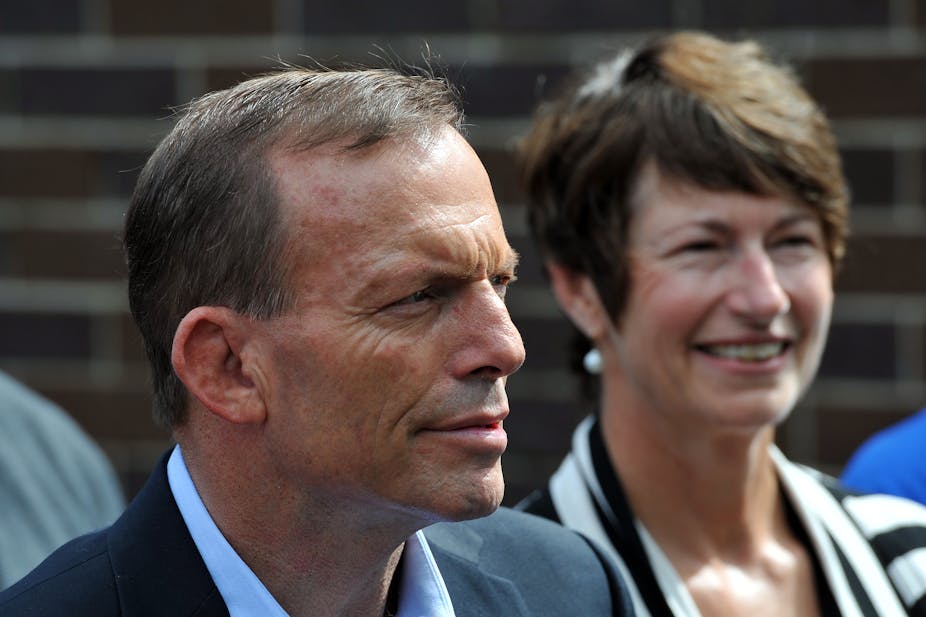Tony Abbott has made an important shift in the Liberal position on gay marriage.
In another step on the road to a likely eventual change in the Australian law, Abbott now says the policy on the issue will be decided by the party room after the election.
Up until this week the policy has been against gay marriage, with Liberal MPs denied a free vote. The move by Abbott opens the prospect of the party room allowing a conscience vote.
Abbott signalled the shift at a community forum in his electorate on Monday night, before the New Zealand vote this week to legalise gay marriage. After that vote NSW Premier Barry O'Farrell called for a conscience vote federally across all parties.
Mr Abbott today reaffirmed his own view that “the orthodox definition of marriage as between a man and a woman should continue.”
But he said: “our position, my position, going into the next election is that what our policy is on this will be a matter for the post election party room.
"I’m not trying to say that the party is committed forever and a day to the current position.”
One reason Abbott has consistently given for denying a conscience vote to his MPs during this parliament is that the opposition went into the last election with a policy opposing gay marriage. The Labor party allowed its MPs a concuss vote on private member’s legislation before the parliament last year, but the bid to change the law failed.
Manager of Opposition business Christopher Pyne reflected the change of Liberal position, saying on the Nine Network’s Today show: “In the next parliament we haven’t got a clear policy on a conscience vote.
"The party room will get to decide that, we might well end up with some recognition of same-sex couples.”
Liberal frontbencher Malcolm Turnbull has been a strong advocate of allowing Liberals a conscience vote, making it clear he would support a change in the law. He was not able to buck the party line last year because that would have cost him his frontbench position.

